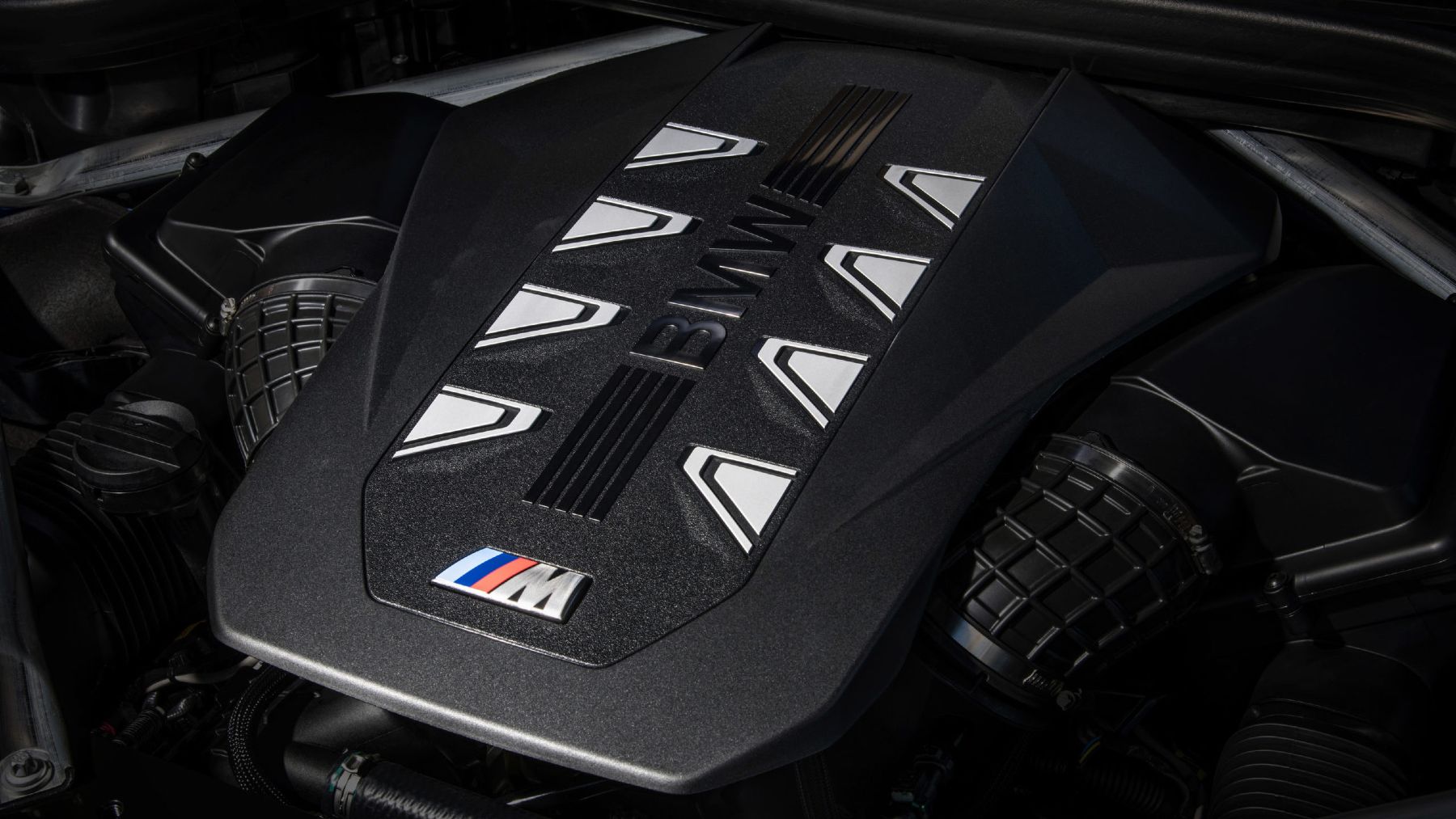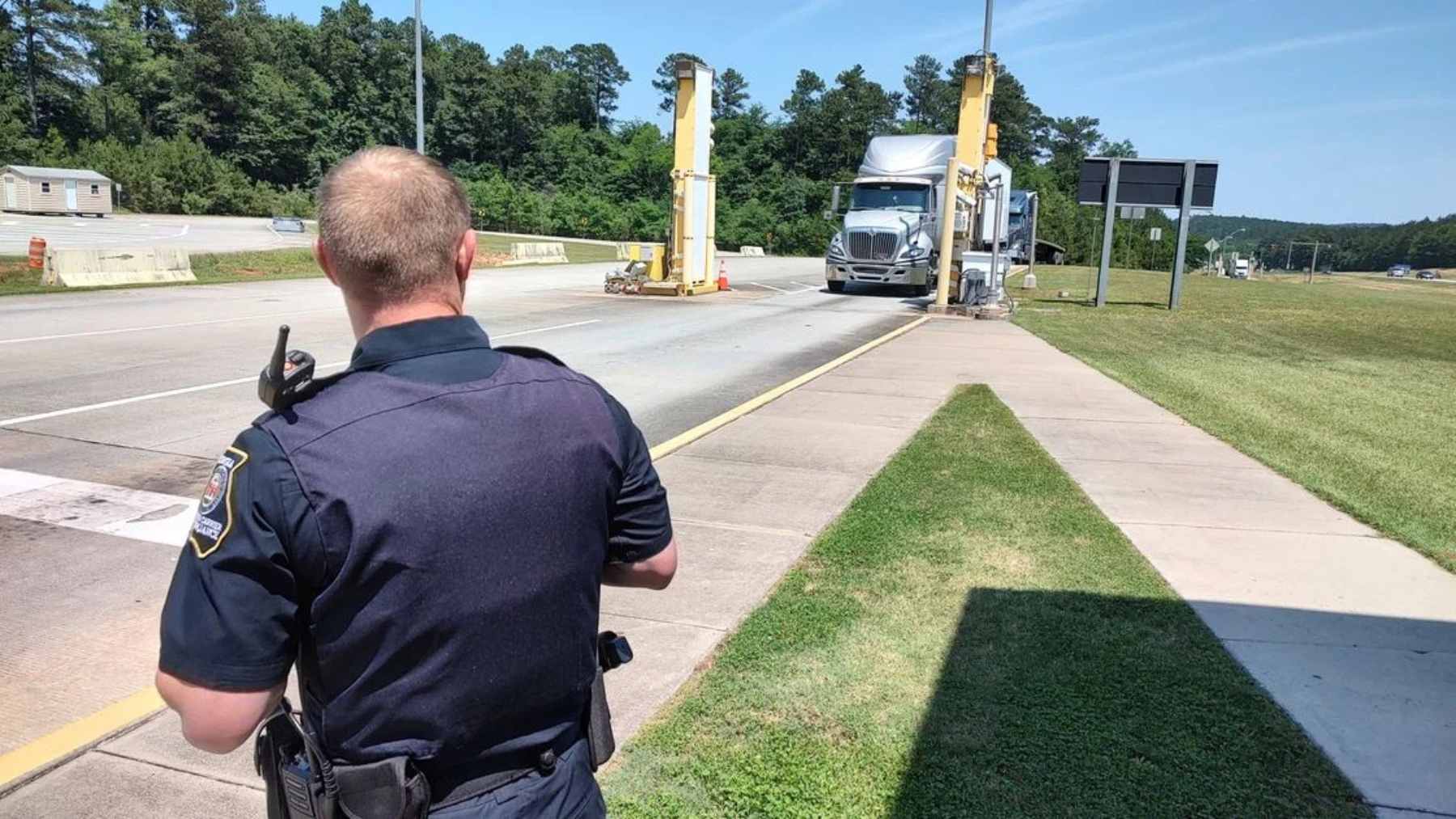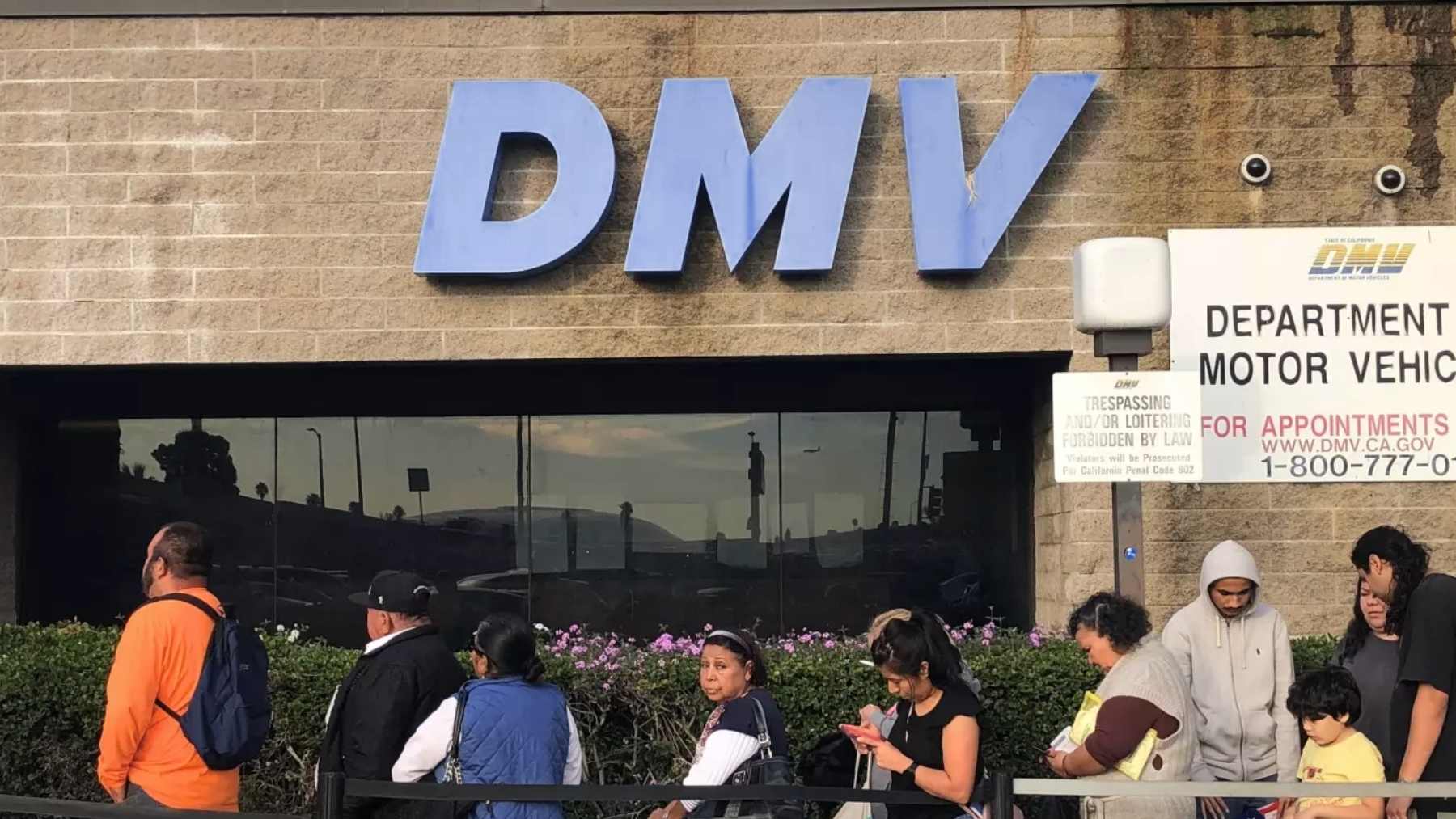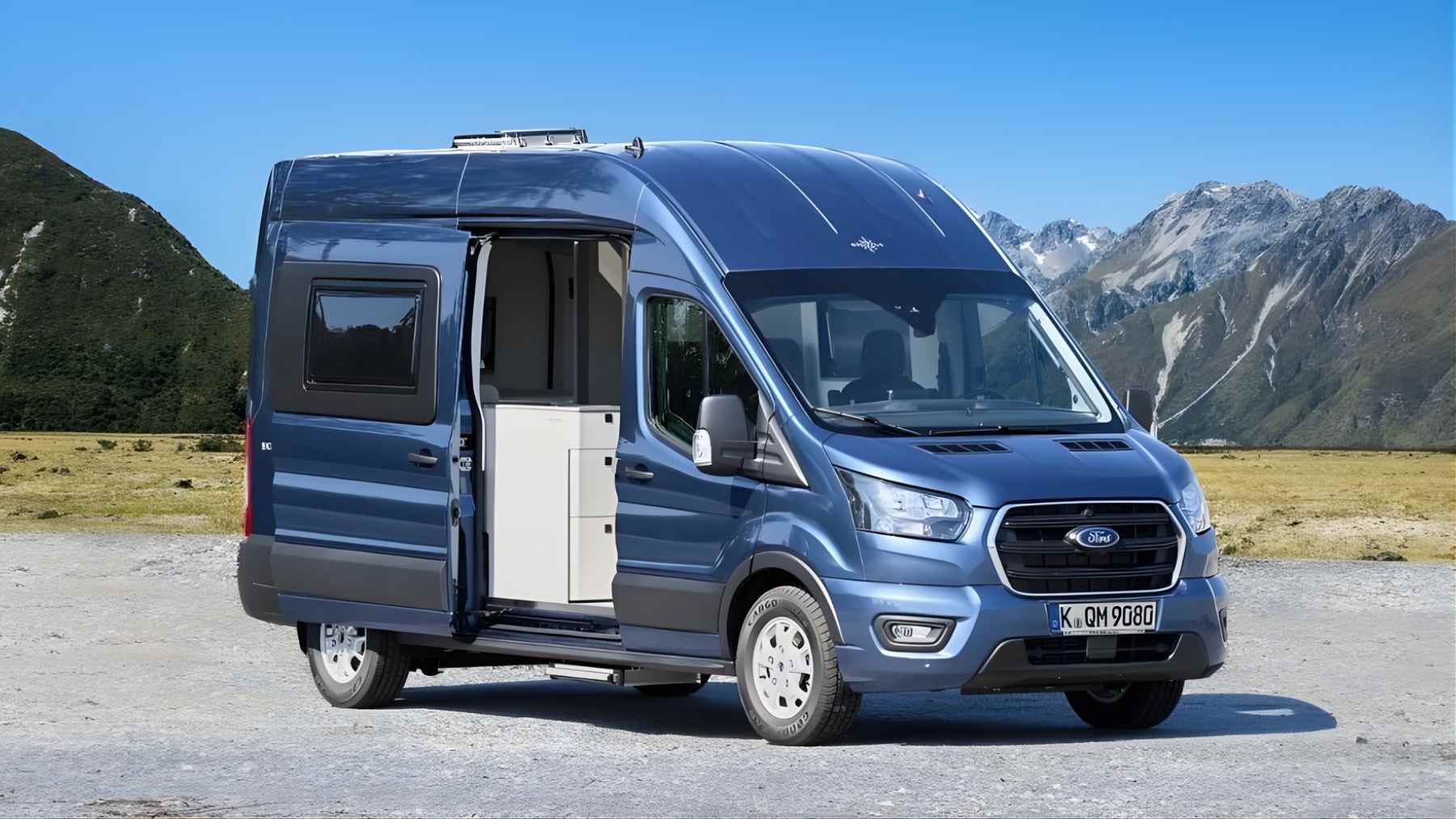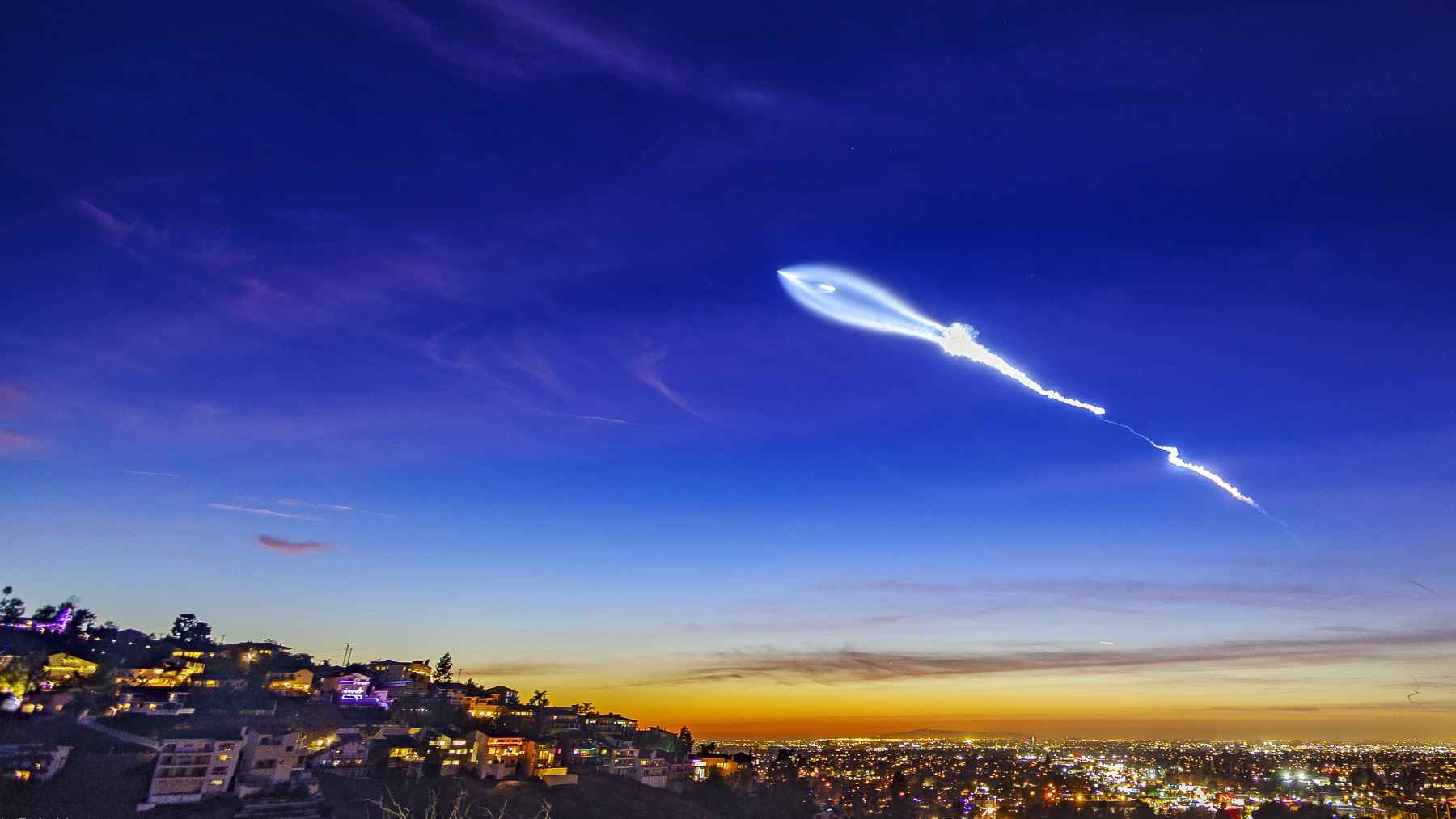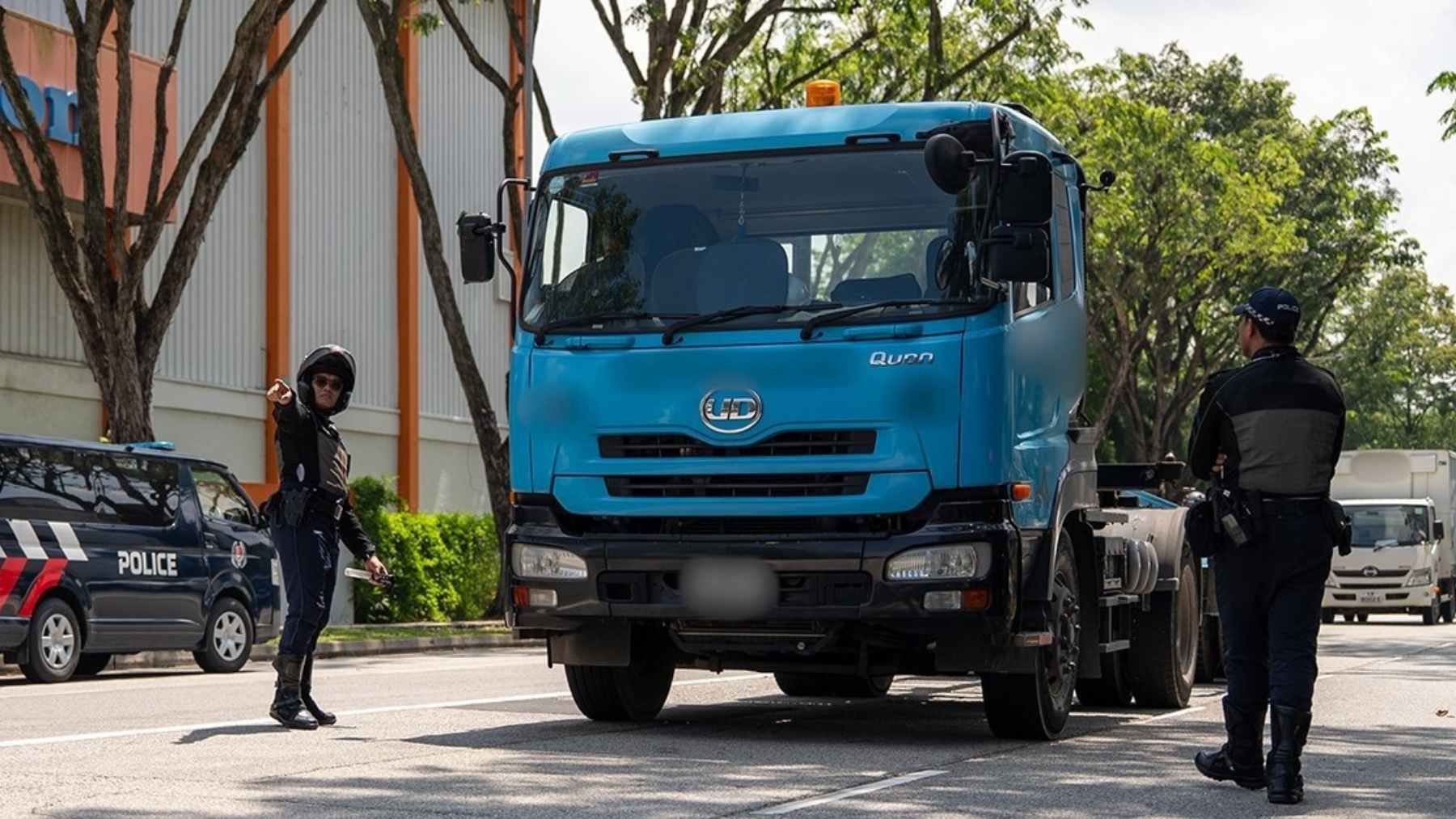Hydrogen and electric vehicles have emerged as both complementary and competing alternative vehicle solutions. In an age where the transportation industry is facing increasing pressure to forge more sustainable pathways, major automobile companies like BMW have been searching for ways to reduce their reliance on the internal combustion engine. While electric vehicles have been at the forefront of this change, some have also identified hydrogen as a potential alternative solution for a more eco-friendly future.
Increasing competition among alternative engine solutions
Major automobile companies now all offer some form of an alternative engine model in their lineup. While many have turned to the electrical engine as a beacon of inspiration in terms of sustainability, others have invested in the potential of hydrogen fuel-cell technology. This is particularly true for the likes of Asian automobile brands such as Toyota and Hyundai, which have been significantly investing in this technology.
However, Toyota, which has been notably spearheading the hydrogen fuel-cell revolution in the automobile world, has been criticized by many scientists and researchers for their continued investment in the technology. Many feel that electrical engine solutions are the most sustainable way forward, and hydrogen fuel-cell technology only further prevents the automobile world from achieving its sustainability goals.
BMW says goodbye to hydrogen with new engine?
The BMW group is one automobile manufacturer who, similarly to Toyota, has been experimenting with both hydrogen and electrical alternative engine solutions. BMW has previously announced that their may be a hydrogen fueled BMW on the road by 2028. This comes with years of investigation into the technology form the company, who have been looking at hydrogen’s potential for over 45 years.
However, the company has been notably developing its electric solutions, showcasing a possible prioritization of electric vehicles over hydrogen, aligning with general automobile company trends. Recently, the company delivered its first electrical engine at the new Steyr plant in Upper Austria, just 10 months after installation began. The sixth-generation electric engines are set to be used in test vehicles for their upcoming Neue Klasse platform.
“We’ve been delivering these engines to our development department in Munich since September, and now we’re sending them directly to BMW Group Plant Debrecen for test vehicle installation,” said Klaus von Moltke, Senior Vice President of Engine Production at BMW AG and Managing Director of BMW Group Plant Steyr.
BMW continues to rise in electrical innovation
The new Steyr facility is currently BMW’s largest engine plant. It employs over 4,700 people and produces over one million conventional engines annually. In June 2022, BMW announced that the site is set to be the driving force behind its electric vehicle production from 2025. The plant is also the heart of BMW’s drivetrain research and development. BMW plans on achieving carbon-neutrality by 2050, and by the way things are going at the Steyr facility, electrification seems to be taking priority compared to hydrogen.
“Over the coming months, we will continue to validate and optimize the complex production process for the new electric motors,” says Helmut Hochsteiner, VP of Electric Engine Production at BMW Group Plant Steyr.
BMW’s continued interest in electric vehicles points towards a global trend of electric vehicles being significantly favored over hydrogen. One reason for this is that electrical infrastructure is already much more widespread than that for hydrogen, meaning that consumers are more likely to buy into electrical technology if there is a guarantee it can be supported for both long and short-distance travel. However, it is unlikely that hydrogen technology is going anywhere as it holds significant potential in other transportation areas, including long-haul trucking and air travel, despite its shortcomings in the passenger vehicle world.
